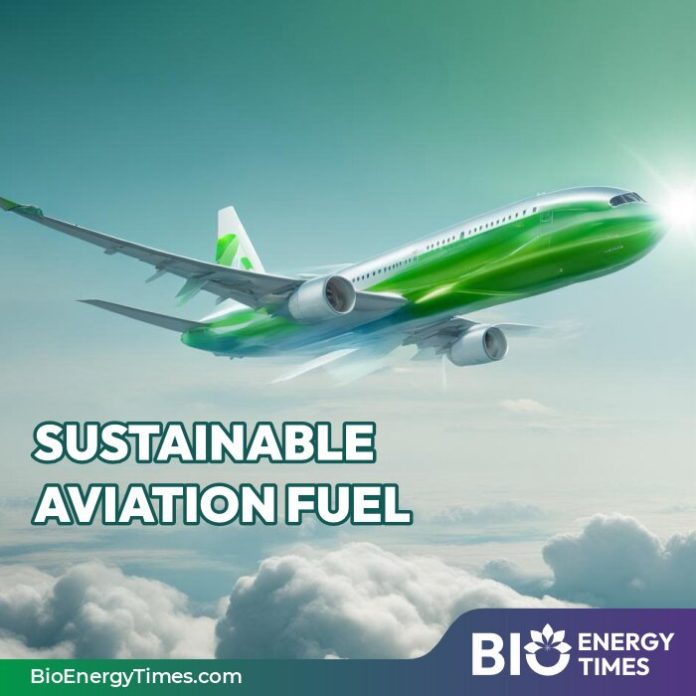Firefly Green Fuels, a company dedicated to reducing aviation carbon emissions, has unveiled plans to build a groundbreaking facility aimed at converting sewage sludge into sustainable aviation fuel (SAF). This innovative project represents a significant step forward in promoting environmentally friendly air travel.
Firefly Green Fuels has entered into an agreement with Haltermann Carless, which owns a specialized refinery site in Harwich where Firefly will establish a pilot facility, followed by a planned full-scale commercial plant thereafter.
Anglian Water will provide the necessary sewage sludge for the pilot plant, while Chevron Lumus Global, a leading provider of process plant technology, will supply the refinery equipment. Firefly Green Fuels has also inked a deal with Wizz Air to purchase fuel from the commercial plant, with the agreement valued at nearly US$1 billion over 15 years.
“This agreement signing represents a significant step forward in realizing our ambitions to cultivate a sustainable SAF industry in the UK,” commented James Hygate, CEO of Firefly. “Implementing this new sewage pathway will create new jobs and foster growth in the UK, aiding us in securing a greener and more prosperous future.”
Independent analysis conducted by Cranfield University has revealed that Firefly’s SAF achieves an impressive 92% reduction in CO2 emissions compared to fossil jet fuel. However, The Chemical Engineer notes that current regulations typically allow a maximum blend of 50% fuel derived from fossil and sustainable sources, suggesting that the sewage-to-SAF fuel may need to be blended with regular aviation fuel.
Additionally, The Chemical Engineer points out that while there are seven authorized processing routes for SAF, sewage sludge—an abundant waste feedstock—is not currently one of them.
Amidst increasing pressure for environmental sustainability in the aviation sector, there is a notable surge in demand for more eco-friendly aviation fuel. The International Air Transport Association (IATA) predicts that global production of sustainable aviation fuel (SAF) for the current year will reach 1.5 million tonnes, representing a fivefold increase from 2022.















